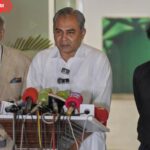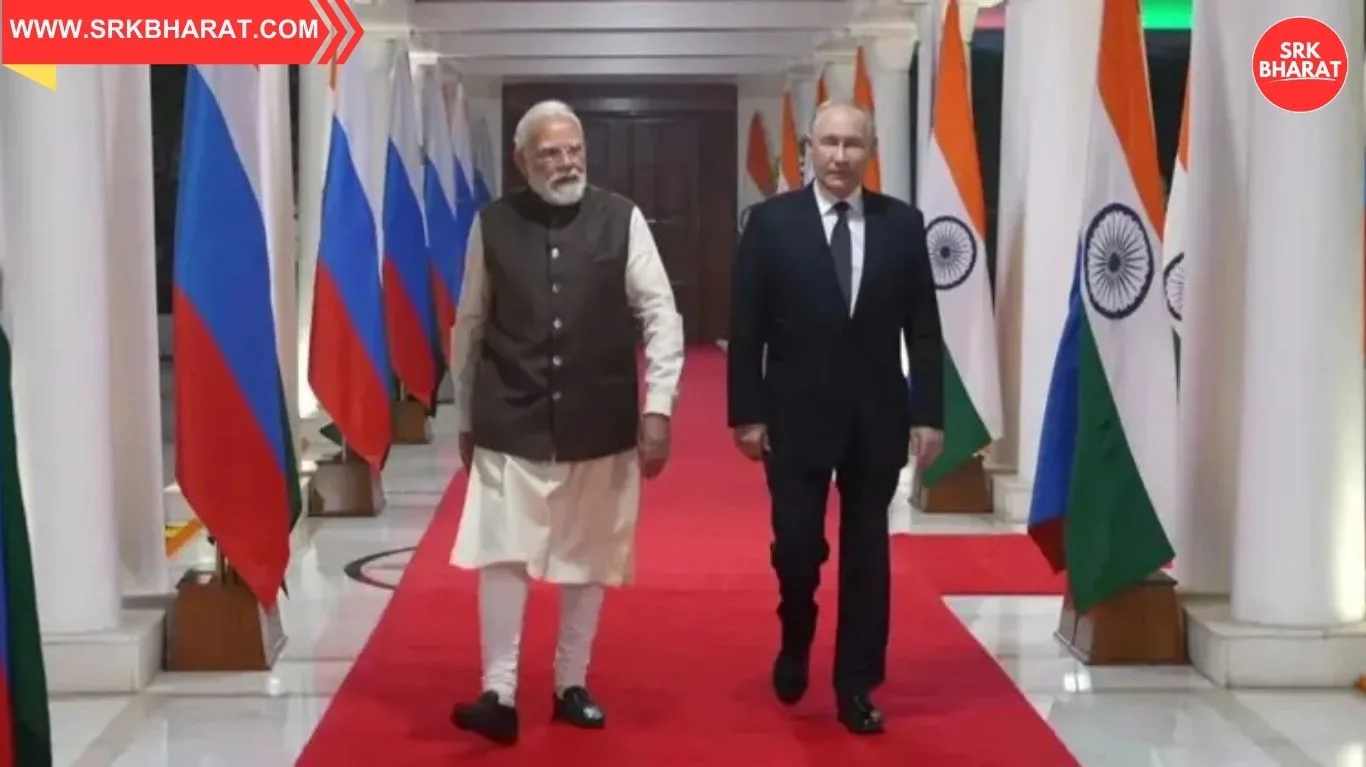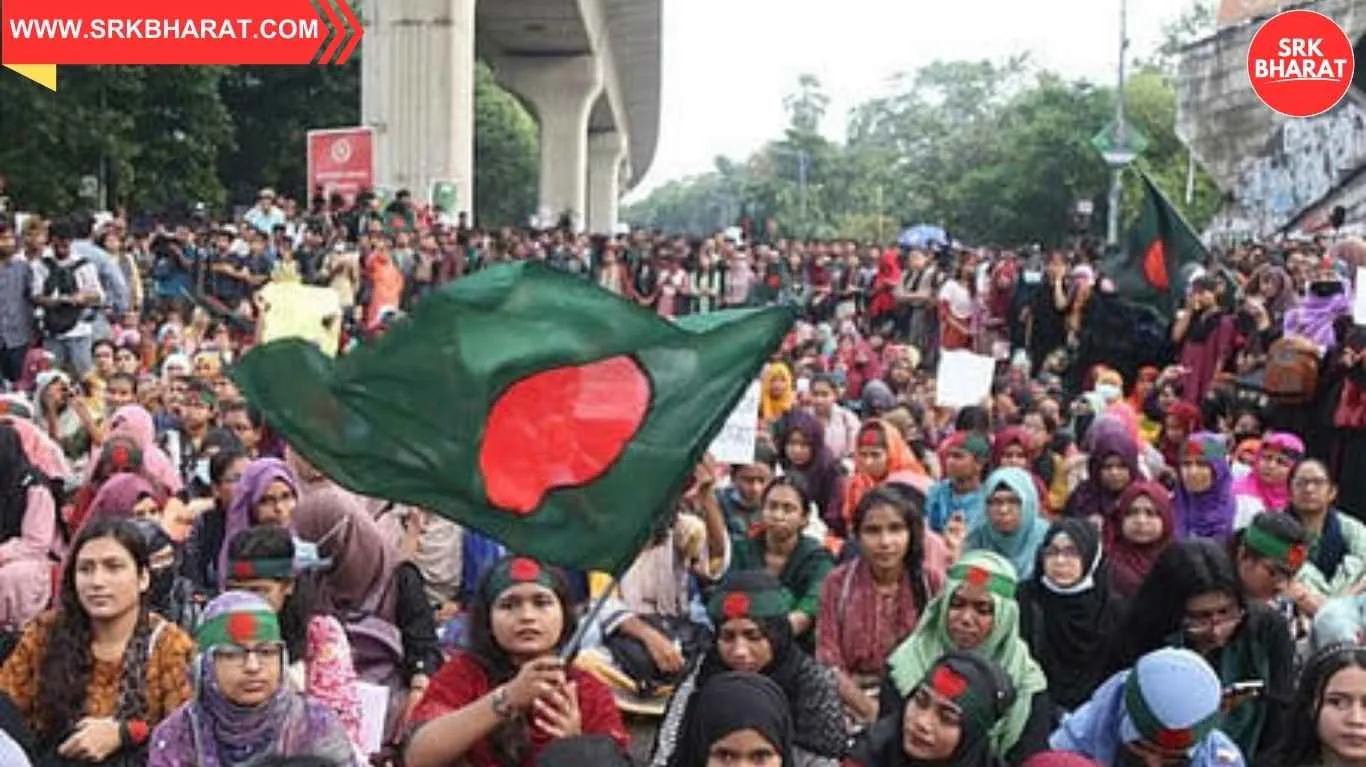Pakistan Army Chief General Asim Munir reignited tensions with New Delhi on Saturday, issuing fresh threats over the Kashmir dispute and controversially describing terrorism as a “legitimate struggle.” Speaking at the Pakistan Naval Academy in Karachi, Munir doubled down on his earlier “jugular vein” rhetoric, blamed India for recent flare-ups, and warned of a decisive Pakistani response to any perceived aggression.
“Kashmir Is Our Jugular Vein”—A Rallying Cry Rekindled
Munir first stirred controversy in mid-April when, addressing the Pakistani diaspora, he declared: “Kashmir is our jugular vein; it will remain our jugular vein; we will not forget it.” That incendiary phrase preceded the April 22 terror attack in Pahalgam, which killed over two dozen Indian tourists and was claimed by Pakistan-backed militant outfits. Munir’s latest speech reaffirmed that stance, urging Pakistanis to remember “the sacrifices of our Kashmiri brothers struggling against India’s illegal occupation” and pledging unwavering support until a UN-endorsed resolution is implemented.
Terrorism as “Legitimate Struggle”
In a move that drew immediate condemnation from New Delhi, Munir went further by glorifying terrorism. He referred to Kashmiri militants killed in counter-terror operations as “martyrs,” asserting that their actions constituted a “legitimate struggle” for self-determination. By framing armed insurgency in that light, Munir effectively enlisted official military backing for cross-border proxy warfare, a policy India long accuses Islamabad of pursuing through groups like Lashkar-e-Taiba and Jaish-e-Mohammed.
Blaming India for Regional Instability
Munir accused India of deliberately stoking tensions in South Asia. Without citing concrete evidence, he alleged that New Delhi initiated two unprovoked military actions against Pakistan in recent months—an apparent reference to cross-border retaliatory strikes following militant attacks in Indian-administered Kashmir. He lambasted these incidents as a “troubling absence of strategic foresight” and vowed a “decisive response” to any future Indian military moves near the Line of Control (LoC) or international border.
Pakistan as “Net Regional Stabiliser”
Casting Pakistan as a mature actor, Munir claimed Islamabad had “displayed restraint and maturity, reaffirming its commitment to regional peace,” despite what he termed Indian provocations. He portrayed his country as the counterweight to destabilising influences, insisting that Pakistan’s measured responses cemented its role as a “net regional stabiliser.” However, analysts point out a dissonance between this narrative and Pakistan’s alleged sponsorship of cross-border terrorism, which India and several Western capitals label a direct threat to stability.
From Jugular Vein to Military Escalation
Less than a week after Munir’s first “jugular vein” remark, the Pahalgam massacre underscored the deadly stakes of Kashmiri militancy. India’s retaliation was swift: Prime Minister Narendra Modi suspended the 1960 Indus Waters Treaty and authorised Operation Sindoor, a precision strike that eliminated terror launchpads deep inside Pakistan-occupied Kashmir (PoK) without targeting civilian infrastructure. The ensuing four-day border skirmish saw cross-LoC shelling and limited missile exchanges before a tenuous ceasefire took hold in early May. Munir’s renewed threats come amid this fraught aftermath, threatening to plunge the region back into confrontation.
Legal and Diplomatic Dimensions
Pakistan insists its Kashmir stance aligns with UN Security Council resolutions calling for a plebiscite in the former princely state. Munir reiterated this position, asserting that only a “fair resolution of the Kashmir dispute in line with United Nations resolutions and the wishes of the Kashmiri people” can secure lasting peace. India retorts that the UN mandate lapsed decades ago and that Kashmir’s residents have repeatedly affirmed their accession to India through elections and referenda. Diplomatic channels remain frozen, with both sides recalling envoys and lodging protests at the UN in New York.
Human Rights and Insurgencies Inside Pakistan
Munir’s rhetoric belies Pakistan’s own internal security challenges. The country faces a long-running insurgency in Balochistan, where human rights groups accuse security forces of enforced disappearances and extrajudicial killings. In Khyber Pakhtunkhwa and PoK, militant violence and sectarian attacks continue unabated, raising questions about Islamabad’s ability or will to curb violent extremism within its borders. Critics accuse the military of selectively applying counter-terror laws—fiercely combating some groups while nurturing others for strategic depth against India.
Civil-Military Power Dynamics
Analysts note that Munir’s elevation to Army Chief last month has created overlapping power centres in Pakistan’s governance. With Prime Minister Shehbaz Sharif leading the civilian government and General Munir now head of the military, Islamabad effectively hosts two “illegitimate power centres,” blurring lines of accountability. This duality often spurs hawkish stances on security issues, as generals compete for influence with civilian leaders—Munir’s belligerent speech may reflect internal jockeying as much as genuine policy shifts.
India’s Official Response
India’s Ministry of External Affairs promptly condemned Munir’s remarks as reckless and unhelpful to peace efforts. A spokesperson dismissed the “jugular vein” rhetoric as evidence of Pakistan’s “intransigence and continued state sponsorship of terrorism.” New Delhi reaffirmed its commitment to “resolving disputes through dialogue,” provided Islamabad ceases support for militant proxies. Indian military commanders, meanwhile, remain on heightened alert along the LoC and International Border, bolstering troop deployments and surveillance systems.
Regional and Global Repercussions
Munir’s speech reverberated beyond South Asia. Washington and Brussels urged restraint, warning that renewed hostilities risk derailing cooperation on Afghanistan stabilization and anti-terrorism efforts. Beijing, Pakistan’s strategic ally, called for dialogue but avoided direct reference to terrorism, drawing criticism in New Delhi for moral equivocation. Meanwhile, UN officials appealed for de-escalation, stressing that any military flare-up would devastate civilian populations on both sides of the LoC.
What Lies Ahead?
The volatile mix of hawkish rhetoric and proxy warfare poses grave risks:
- A full-blown border conflict could erupt if either side miscalculates or militant activity surges.
- Diplomatic backchannels remain largely frozen, making crisis management ad hoc and reactive.
- Domestic pressures in Pakistan—economic malaise, political infighting, and internal insurgencies—may push generals to externalize security threats for domestic legitimacy.
Observers warn that without sustained international mediation or a serious recommitment to peace talks, Munir’s threats could catalyze fresh violence in Kashmir, imperiling millions of civilians and undermining regional stability.
Related Insights You Might Want to Know
- India’s Infrastructure Development along the LoC: fence upgrades, bunkers, and rapid-reaction forces.
- China’s role in insulating Pakistan diplomatically and economically amid rising bilateral tensions.
- Kashmiri civil society voices calling for de-escalation and humanitarian access.
- The impact of Indus Waters Treaty suspension on agriculture in both countries.
- Prospects for a third-party mediator, possibly from the Gulf states or EU, to revitalize stalled peace initiatives.











